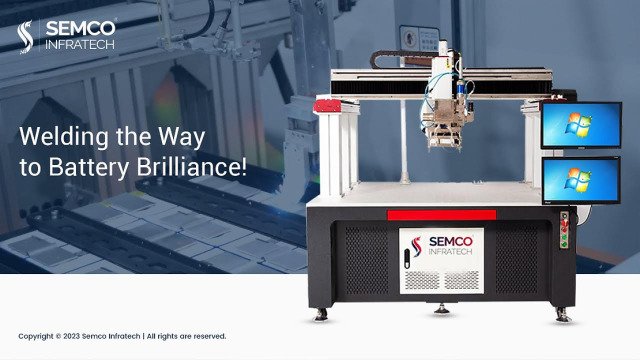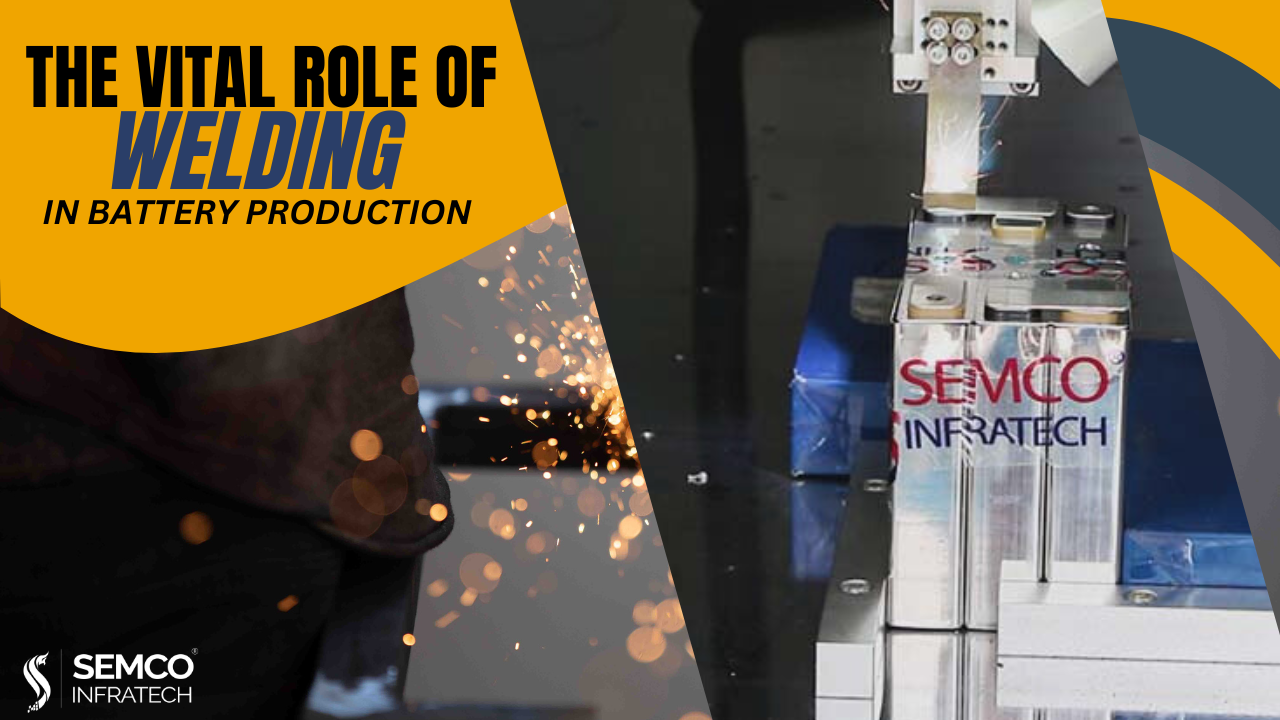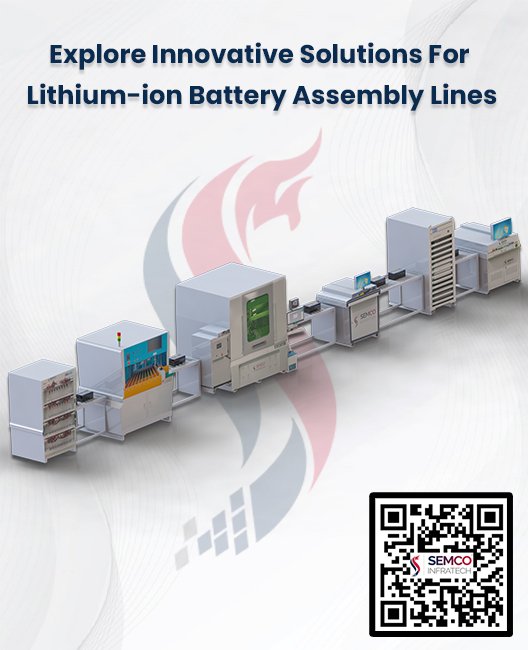India is on the brink of a major shift in its automotive industry. Driven by the global and domestic push towards electric vehicles (EVs), the country’s EV manufacturing ecosystem is showing promise and ambitious growth projections. It shows a clear commitment to sustainable mobility. However, the road to mass adoption is fraught with challenges that need to be addressed if India is to fully capitalize on this opportunity.
Promising Growth Projections
The potential for growth in India’s EV market is enormous. By 2030, EVs could account for over 40 percent of the automotive market, generating a staggering USD 100 billion in revenue. The penetration rates are particularly impressive for two and three-wheelers, where EVs are expected to make up 80 percent of the market. Even for four-wheelers, the projection is significant, with a 50 percent market share anticipated by 2030. These numbers underscore the growing acceptance of EVs in India and the opportunity for the country to become a global leader in sustainable transportation.
Challenges Hindering Scalability
Despite the promising outlook, several hurdles stand in the way of scaling up EV manufacturing to meet mass adoption. These challenges must be addressed if India’s EV ecosystem is to realize its full potential.
- High Ownership Costs: One of the most significant barriers to mass adoption is the high cost of owning an EV in India. This is primarily due to the limited charging infrastructure, which makes it difficult for consumers to rely on EVs for their daily commute. Additionally, there are deficits in battery cell production (20-25 percent) and semiconductor chips (40-50 percent), both of which are critical components for EV manufacturing. These shortages drive up the costs, making EVs less accessible to the average consumer.
- Import Dependency: India’s reliance on imports for key EV components is another major challenge. Currently, 60-70 percent of battery cells, e-motor magnets, and electronics are sourced from China. Several lithium-ion battery manufacturing equipment suppliers in India are dependent on the import of cells and assembly equipment. This dependency not only creates supply chain vulnerabilities but also raises concerns about the sustainability of scaling up EV manufacturing. To reduce this reliance, India needs to invest in building local capacities for producing these critical components.
- Scalability Issues in Local Manufacturing: While there are efforts to boost local manufacturing, many small enterprises in India are struggling to keep up with the growing demand for EV components. These scalability issues are exacerbated by a fragmented supply chain, where small and medium enterprises (SMEs) face coordination challenges that can lead to delays in production and distribution. This fragmentation hinders the efficiency of the entire EV ecosystem.
- Lack of Standardization: Another significant challenge is the lack of standardization in EV manufacturing, particularly in battery specifications. This lack of uniformity complicates component sourcing and integration, making it difficult for manufacturers to scale up production quickly and efficiently. Standardization is crucial for streamlining the manufacturing process and ensuring that components are interchangeable and easily available.
Conclusion
India’s EV manufacturing ecosystem is at a critical juncture. While the growth potential is immense, several challenges must be addressed to scale up production and achieve mass adoption. By focusing on local manufacturing, expanding infrastructure, standardizing components, and supporting SMEs, India can overcome these hurdles and position itself as a global leader in electric mobility. The journey ahead is challenging, but with the right strategies and collaborations, India’s EV revolution is not just possible—it’s inevitable.






